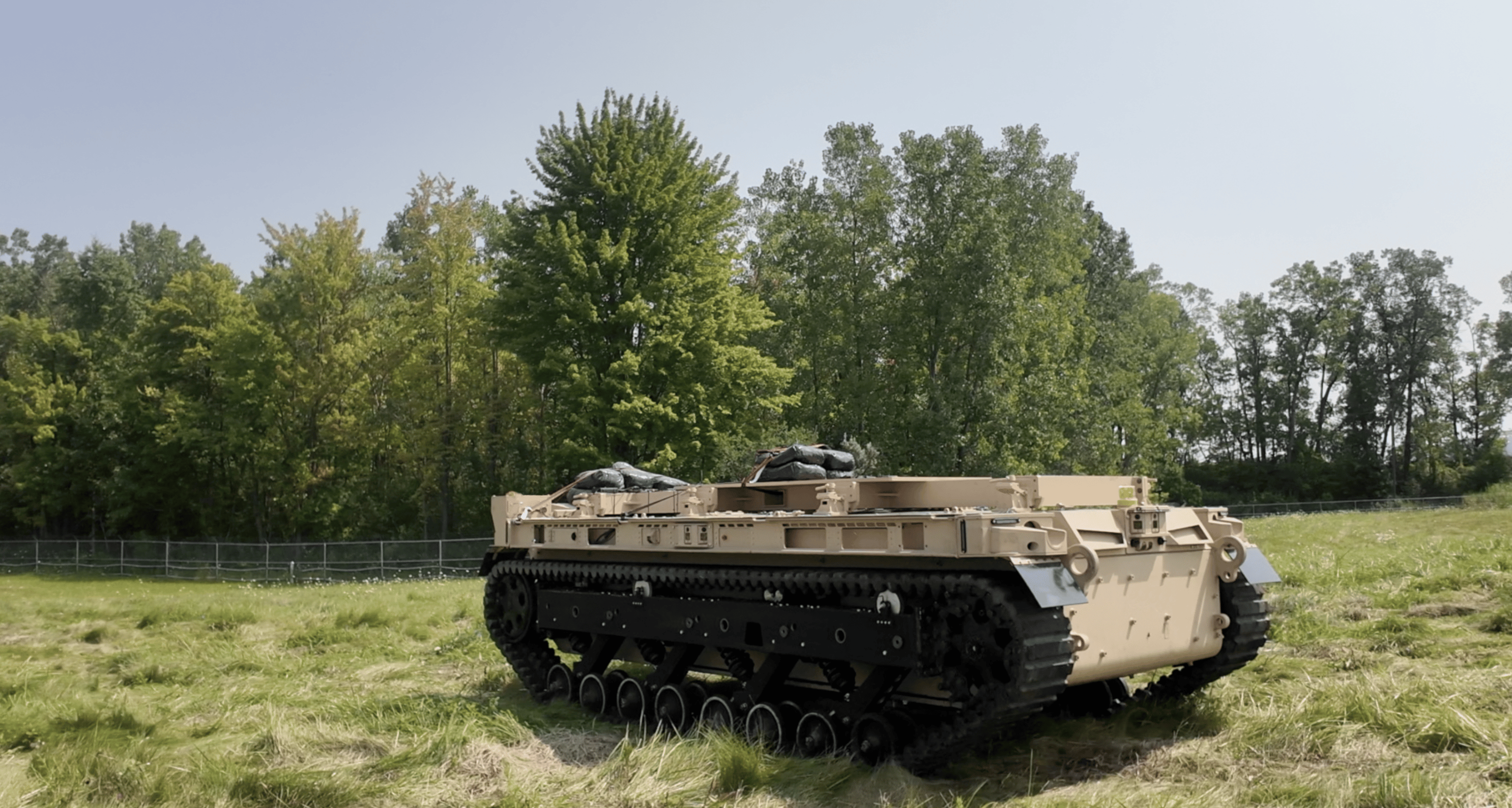ASTM D7136 Low-Velocity Impact Testing of Composite Armor Panels
The ASTM D7136 standard provides a comprehensive framework for evaluating the low-velocity impact resistance of composite armor panels. This test method is critical in the military sector, where the integrity and durability of protective materials are paramount. The primary objective of this testing procedure is to assess how effectively composite materials can withstand impacts without compromising their structural integrity.
The ASTM D7136 protocol involves subjecting a composite panel to controlled low-velocity impact forces using specialized equipment designed to simulate real-world conditions. This type of testing helps manufacturers and researchers understand the performance characteristics of different materials under specific stress scenarios, which is essential for improving safety standards in military vehicles and personnel protection systems.
The test setup typically includes an impact sled system that allows precise control over the velocity and direction of impact. Specimens are carefully prepared according to ASTM D7136 guidelines before being subjected to multiple impacts at varying angles and speeds. Post-test inspections focus on identifying any visible cracks, delaminations, or other signs of material failure.
Compliance with this standard ensures that the materials used in military applications meet rigorous performance criteria set forth by international standards organizations like ASTM International. By adhering strictly to these protocols, laboratories can provide accurate and reliable data supporting continuous improvement efforts within the industry.
The ASTM D7136 testing process provides valuable insights into material behavior under low-velocity impact conditions, making it an indispensable tool for developing safer military equipment. Understanding how various composite materials perform during such tests enables manufacturers to optimize designs based on empirical evidence rather than theoretical assumptions alone.
Industry Applications
| Application | Description |
|---|---|
| Military Vehicle Protection | Evaluating the effectiveness of composite armor panels in protecting vehicles against low-velocity impacts. |
| Personnel Protection Systems | Assessing the impact resistance of materials used in personal protective equipment for military personnel. |
| Tactical Equipment | Testing the durability and reliability of tactical gear exposed to low-velocity impacts during operations. |
| Application | Description |
|---|---|
| Military Aircraft Structures | Evaluating composite materials used in aircraft structures for resistance to low-velocity impacts. |
| Ballistic Testing | Assessing the performance of composite materials under ballistic conditions to ensure adequate protection levels. |
| Military R&D | Supporting research and development initiatives aimed at improving material properties for enhanced protection capabilities. |
Eurolab Advantages
At Eurolab, our expertise in conducting ASTM D7136 low-velocity impact testing ensures that we deliver accurate and reliable results every time. Our state-of-the-art facilities are equipped with the latest technology to meet stringent industry requirements. From specimen preparation to post-test analysis, our professionals follow strict procedures to ensure consistent quality.
We employ highly trained technicians who have extensive experience in composite materials testing, ensuring that each test is conducted according to best practices outlined by ASTM International. Our commitment to accuracy and precision allows us to provide detailed reports that meet all necessary regulatory requirements.
Our advanced instrumentation enables precise control over impact parameters like velocity and angle, allowing for accurate simulation of real-world conditions. This ensures that the results obtained from our tests are highly representative of actual field performance.
In addition to meeting ASTM standards, Eurolab also adheres strictly to other relevant international standards such as ISO 17836 for ballistic testing. By doing so, we ensure that our clients receive comprehensive reports that are fully compliant with global standards.
Competitive Advantage and Market Impact
- Precision: Our adherence to ASTM D7136 guarantees accurate test results.
- Compliance: Ensuring full compliance with international standards enhances client confidence.
- Experience: Eurolab’s team of experts brings extensive experience in composite materials testing.
- Technology: State-of-the-art facilities equipped with cutting-edge instrumentation.
- Reporting: Comprehensive and detailed reports that meet all regulatory requirements.





